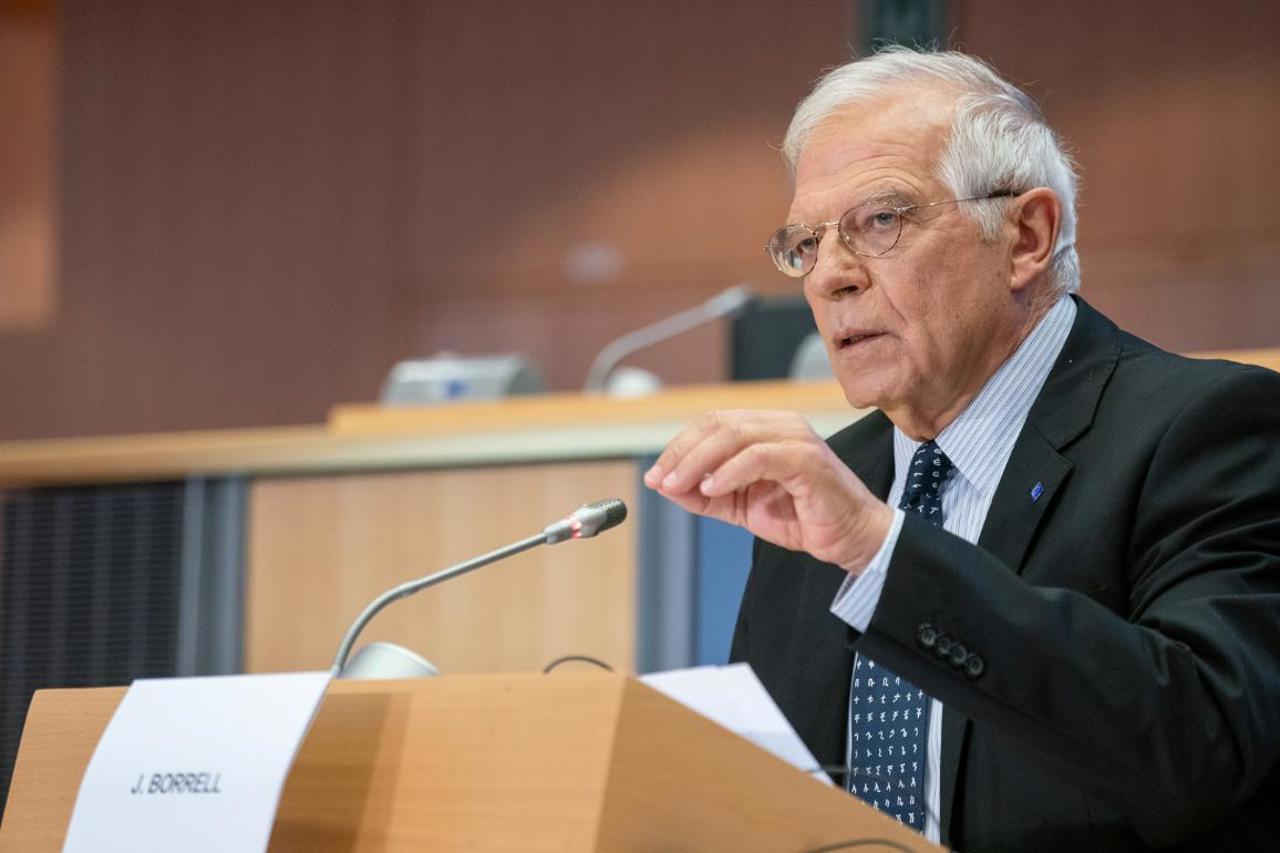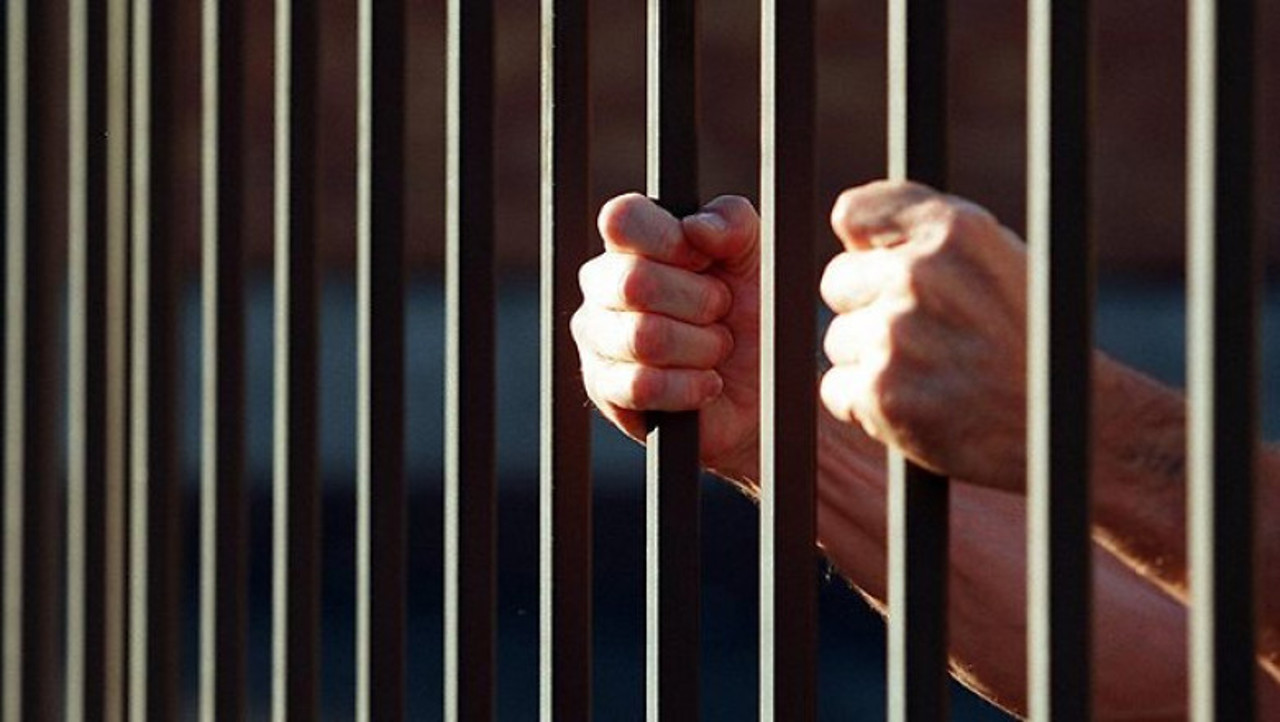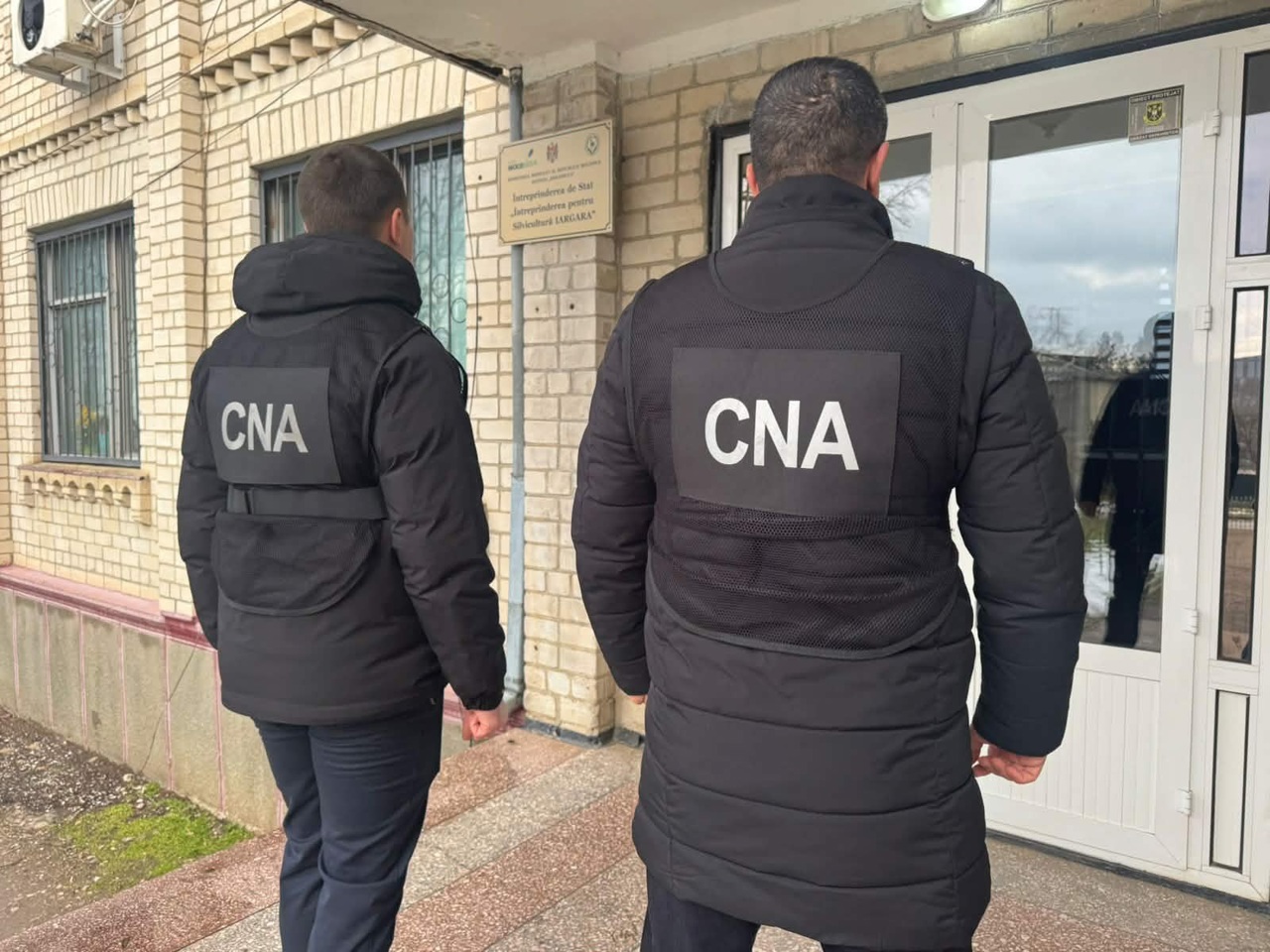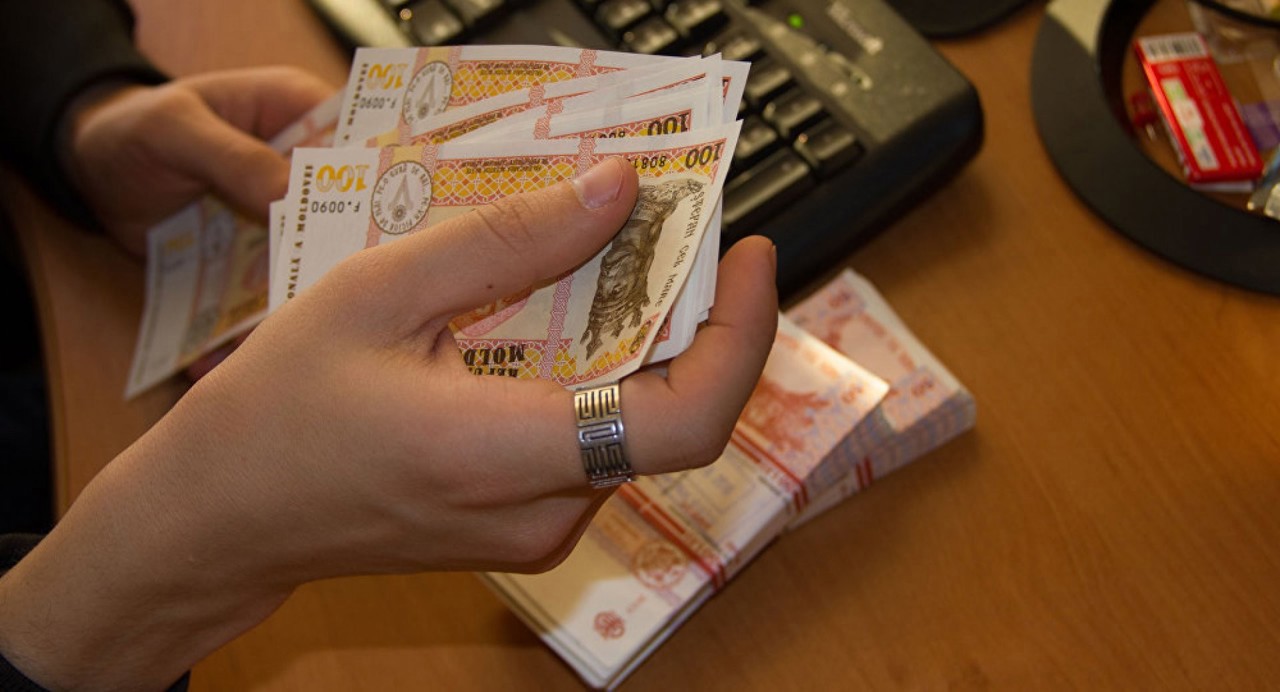Josep Borrell: "With a clear and united voice, we can get Russia to resume its participation in the Black Sea Grain Initiative"
EU High Representative for Foreign Affairs and Security Policy Josep Borrell has called on the international community to step up its "own assistance in support of global security", urging all EU partners to "urge Russia to return" to the negotiating table on Ukrainian grain exports, according to caleaeuropeana.ro.

In an opinion piece published by the European External Action Service, the EU official recalled that the Black Sea Grain Export Initiative, established in July 2022, "has achieved its intended goal" of restoring "a vital route for Ukraine's agricultural exports and reducing global food prices".
"Before the start of Russia's war of aggression against Ukraine, a major global food supplier, 1/5 of the world's barley came from Ukraine, as well as 1/6 of its corn and 1/8 of its wheat. After Russia invaded Ukraine, attacking grain fields and silos and blockading Ukrainian ports, world food prices reached record levels and jeopardised supplies of essential food for many importing countries. The Black Sea grain export initiative aimed to restore a vital route for Ukraine's agricultural exports and reduce world food prices. Despite many challenges, the agreement has achieved its goal. As of August 2022, Ukraine has exported nearly 33 million tonnes of grain and food to 45 countries, which has played a key role in reducing world food prices by about 25% from the record level reached shortly after Russia's attack. According to public trade data, more than half of the grain exported, including 2/3 of the wheat, went to developing countries," Borrell explained.
In addition, this agreement "has ensured continued access to grain for the World Food Programme (WFP)", the EU High Representative argued with statistical data.
"In 2023, 80% of the wheat procured to support humanitarian operations in the most food insecure countries such as Afghanistan, Djibouti, Ethiopia, Kenya, Somalia, Sudan and Yemen came from Ukraine," he added.
Borrell warned that "without the Black Sea route, WFP must source its wheat elsewhere, at higher prices and with longer delivery times, at a time when the world is facing an unprecedented food crisis".
The EU official criticised Russia's decision to withdraw from the deal, despite UN proposals to renew it.
"To deny its guilt, Russia said its own agricultural exports were not sufficiently facilitated. But this is not borne out by publicly available trade data, which shows that Russia's agricultural exports are booming. Russia has also reaped significant benefits from the Memorandum of Understanding with the UN on fertiliser exports, which was negotiated in parallel with the Black Sea Grain Export Initiative. The UN has worked tirelessly to clarify the regulatory framework and to engage with the private sector to find solutions for the banking and insurance sectors. These efforts have been carried out in close cooperation with the EU and its partners," said Josep Borrell.
The High Representative explained that the European Union was acting on three main tracks.
"First, we will continue to support the tireless efforts of the United Nations and Turkey to relaunch the Black Sea Grain Initiative. Second, we continue to strengthen the 'Solidarity Corridors' as alternative routes for Ukrainian agricultural exports to reach global markets via the EU. These corridors have so far enabled the export of over 41 million tonnes of Ukrainian agricultural products, and we are increasing this figure as much as possible to mitigate the consequences of Russia's exit from the Black Sea Grain Export Agreement. Thirdly, we have increased our financial support for the countries and people most in need, providing €18 billion to tackle food security by 2024," Borrell said.
"With a clear and united voice, we can get Russia to resume its participation in the Black Sea grain export initiative. The world has a common interest in the responsible management of global food security. We owe it to the people who need it most," the EU official concluded.





